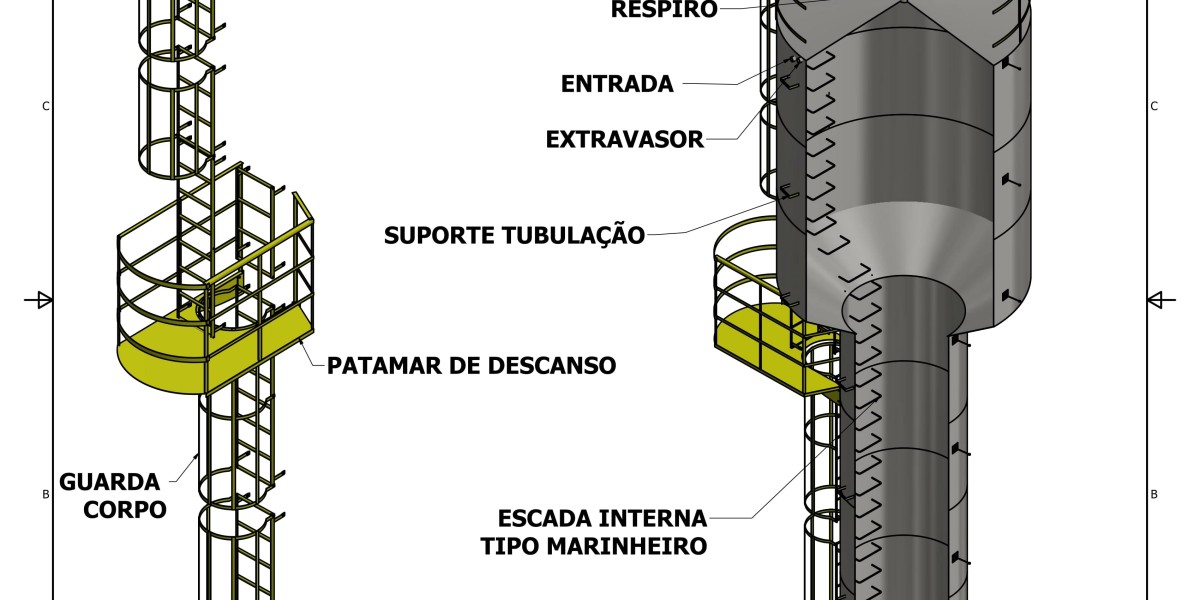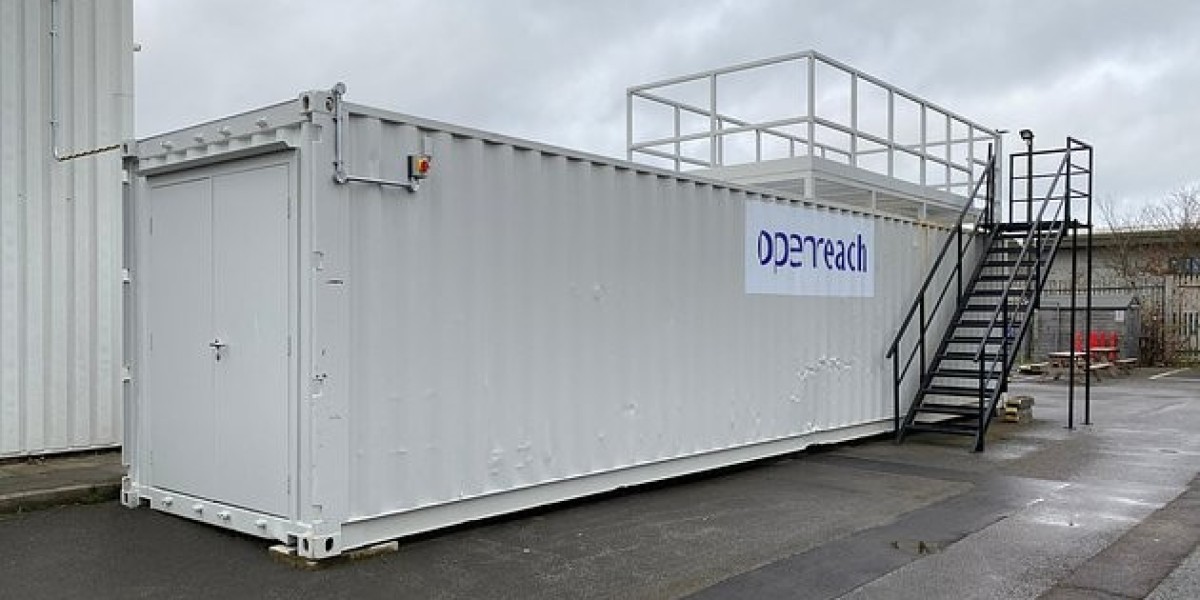What is Mindset?
Mindset refers to the beliefs, attitudes, and assumptions that individuals hold about themselves and their abilities. Psychologist Carol Dweck introduced the concept of mindset in her groundbreaking research on achievement and success. According to Dweck, individuals can have either a fixed mindset or a growth mindset.
A fixed mindset is when individuals believe that their abilities, intelligence, and talents are fixed traits that cannot be changed. They often avoid challenges, give up easily when faced with obstacles, and see effort as fruitless. On the other hand, individuals with a growth mindset believe that their abilities can be developed through dedication and hard work. They embrace challenges, persist in the face of setbacks, and Time-blocking techniques (gitea.Lokach.ru) view effort as the pathway to mastery.
The Impact of Mindset on Education
Mindset has a profound impact on students' learning experiences and academic outcomes. Research has shown that students with a growth mindset are more likely to demonstrate higher levels of motivation, resilience, and academic achievement compared to those with a fixed mindset. They are also more likely to seek out challenges, take risks, and persevere through difficulties.
In contrast, students with a fixed mindset tend to shy away from challenges, become discouraged by setbacks, and underperform academically. They may also exhibit negative behaviors such as cheating, procrastination, and disengagement from learning. These students often struggle to reach their full potential and may develop a negative self-image that hinders their future success.
Cultivating a Growth Mindset in Students
As educators, it is essential to create a nurturing environment that fosters a growth mindset in students. Here are some practical strategies for cultivating a growth mindset in the classroom:
- Promote the Power of Yet: Encourage students to embrace the concept of "not yet" when faced with challenges or setbacks. Instead of saying, "I can't do this," encourage them to say, "I can't do this yet." This simple shift in language can help students develop a sense of optimism and resilience in the face of difficulties.
- Praise Effort, not Intelligence: Instead of praising students for being smart or talented, focus on praising their effort, hard work, and perseverance. By acknowledging and celebrating their dedication to learning, students will develop a stronger sense of self-efficacy and motivation to continue improving.
- Encourage Risk-Taking and Mistakes: Create a safe and supportive classroom environment where students feel comfortable taking risks and making mistakes. Encourage them to see mistakes as opportunities for learning and growth rather than failures. By destigmatizing failure, students will become more resilient and open to new challenges.
- Teach the Power of Positive Self-Talk: Encourage students to develop a positive inner dialogue that promotes self-confidence, self-belief, and self-compassion. Teach them to reframe negative thoughts into positive affirmations and remind them of their strengths and abilities when faced with challenges.
- Foster a Growth Mindset Culture: Model a growth mindset in your own attitudes and behaviors as an educator. Share stories of successful individuals who have overcome challenges through hard work and perseverance. Create opportunities for students to reflect on their own growth and progress over time.
- Provide Feedback for Growth: Offer specific and constructive feedback that highlights areas for improvement and suggests strategies for growth. Encourage students to view feedback as a valuable tool for learning and improvement rather than as criticism or judgment.
- Set High Expectations: Challenge students to set high goals and expectations for themselves. Create a culture of excellence where students are encouraged to strive for continuous improvement and excellence in their academic work.
By implementing these strategies, educators can help students develop a growth mindset that will empower them to succeed academically, socially, and emotionally. As students learn to embrace challenges, persist through setbacks, and believe in their own capacity for growth and development, they will be better equipped to navigate the complexities of the educational journey and beyond.
In conclusion, mindset development is a foundational element in education that can profoundly impact students' learning experiences and outcomes. By cultivating a growth mindset in the classroom, educators can empower students to overcome challenges, embrace opportunities for growth, and achieve their full potential. Through the power of mindset development, we can inspire a generation of resilient, motivated, and successful learners who are equipped to thrive in an ever-changing world.





